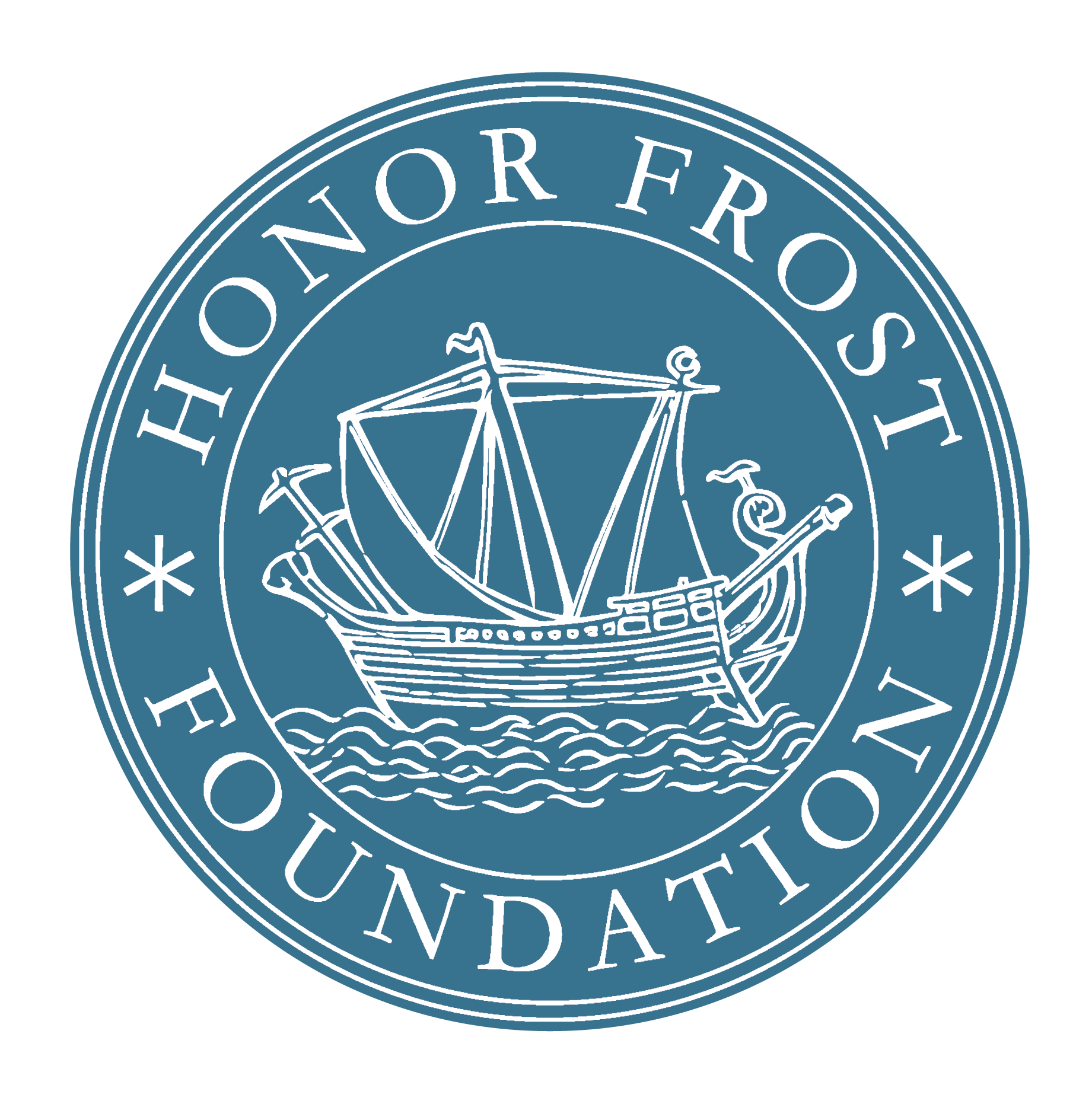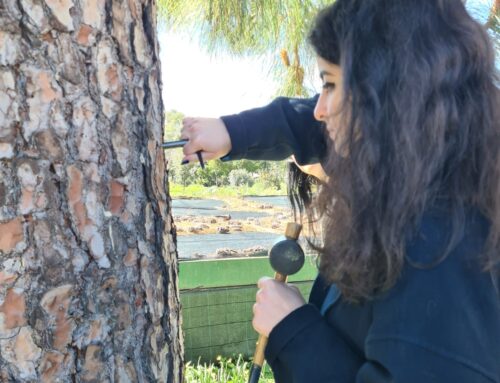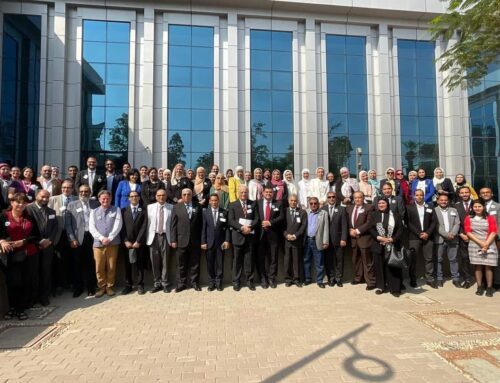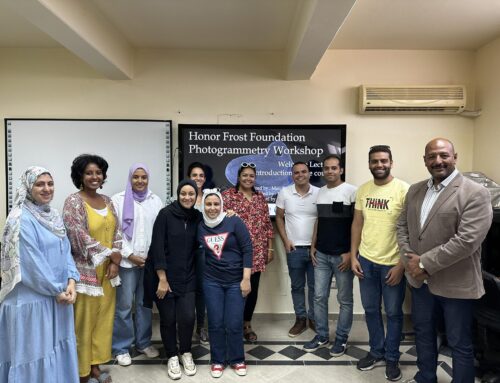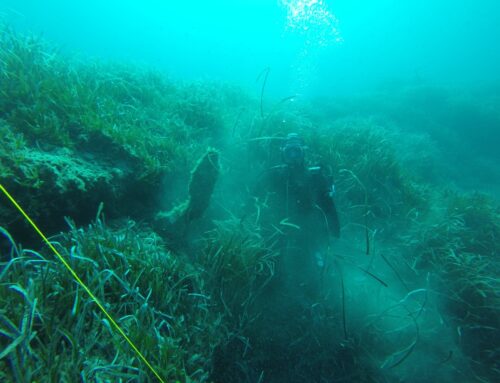MAGS 2019
The second Maritime Archaeology Graduate Symposium was held in Southampton from the 29th to the 31st March 2019 and organised by HFF scholars. The Foundation awarded three bursaries for participants from the eastern Mediterranean to attend and present at the conference. Below is a report from the MAGS committee and a summary of the reports from the three bursary recipients – Marwan Osman (Egypt), Vera Noon (Lebanon) and Christiana Christodoulou (Cyprus).
MAGS 2019 Committee Summary Report
MAGS 2019 Summary of Bursary Reports
MAGS 2019 Committee Summary Report
This year’s Maritime Archaeology Graduate Symposium, held on March 29-31, 2019, proved to be a huge success. The event, inspired by the Honor Frost Foundation, and realised through a collaboration of HFF scholars from the Centre for Maritime Archaeology at the University of Southampton and colleagues from the Oxford Centre for Maritime Archaeology at the University of Oxford, capitalised on last year’s momentum to give early career researchers a place to collaborate and communicate.
After a wine reception on Friday night for registration and introductions, the organising committee led sessions on a variety of maritime-related topics ranging from legislation to maritime landscapes to boat models to economic networks in the Mediterranean. Students and researchers involved in a number of fields such as architecture, archaeometry, ceramics, and archaeology presented 23 papers that sparked interesting discussion among speakers and audience. Each day was capped with workshops by the Nautical Archaeology Society, the International Journal of Nautical Archaeology, and David Mearns to guide the next generation of scholars through the complex world of publishing, promotion, as well as give examples of capacity building through education and training.
Several bursaries were awarded to Christiana Christodoulou from Cyprus, presenting on amphora distributions, Vera Noon from Lebanon, who presented research on maritime spatial planning and thoughts for future work, and Marwan Osman from Egypt, who spoke about shipbuilding techniques in ancient Egypt. BAR Publishing as well as the Nautical Archaeology Society set up stands and kindly shared advice with attendees and presenters. BAR also held a raffle with wine, chocolate, and a £50 award to three lucky winners.
All in all, the results are promising, and the primary objectives of the HFF in developing this event have been surpassed this year. Researchers from all over the world have been gathered to discuss their work with other like-minded scholars, new connections have formed to allow for collaboration across a number of countries, and honest, interesting discussions have been undertaken about maritime archaeology throughout the eastern Mediterranean. Based on the quality of these talks, we can surely hope for exciting developments in the coming years.
MAGS 2019 Summary of Bursary Reports
All three bursary recipients presented their research at the conference, which proved valuable not only in sharing their current research but also allowing them to discuss ideas with colleagues in order to look at new areas not previously considered. Marwan Osman noted how useful the event had been in looking in to 3D modelling and boat models and how this could help improve his research on the ‘Eventuality of using pegs in securing tenons in mortises by The Ancient Egyptian shipbuilders’. Vera Noon who comes from a marine spatial planning background found the conference particularly useful stating that ‘it has given me the drive to reflect on my own work that was not specifically focused on maritime archaeology, yet could be!’ she went on to explain how the conference had raised many questions including ‘Are environmental protection and Maritime Archaeology conservation truly always compatible? I discussed this topic with fellow participants, and indeed UCH excavations were not always met with positivity by environmentalists or even local communities! A question mark thus arises, and this is always a good thing when it comes to research.’ For Christiana Christodoulou the conference gave her the opportunity to deliver her first academic presentation and she was able to share ideas with fellow researchers.
All the bursary recipients also noted the value of hearing from Miranda Richardson the HFF publications editor and editor of the IJNA, providing them with advice on writing papers as well as discussing the publication of the papers presented at MAGS 2019, all of which ‘is another push forward for our academic journey’ (Vera Noon).
Overall all bursary recipients were extremely grateful for the opportunity to attend MAGS 2019, to present their work, share ideas, discuss new approaches and to look in to the potential of publishing their research.
